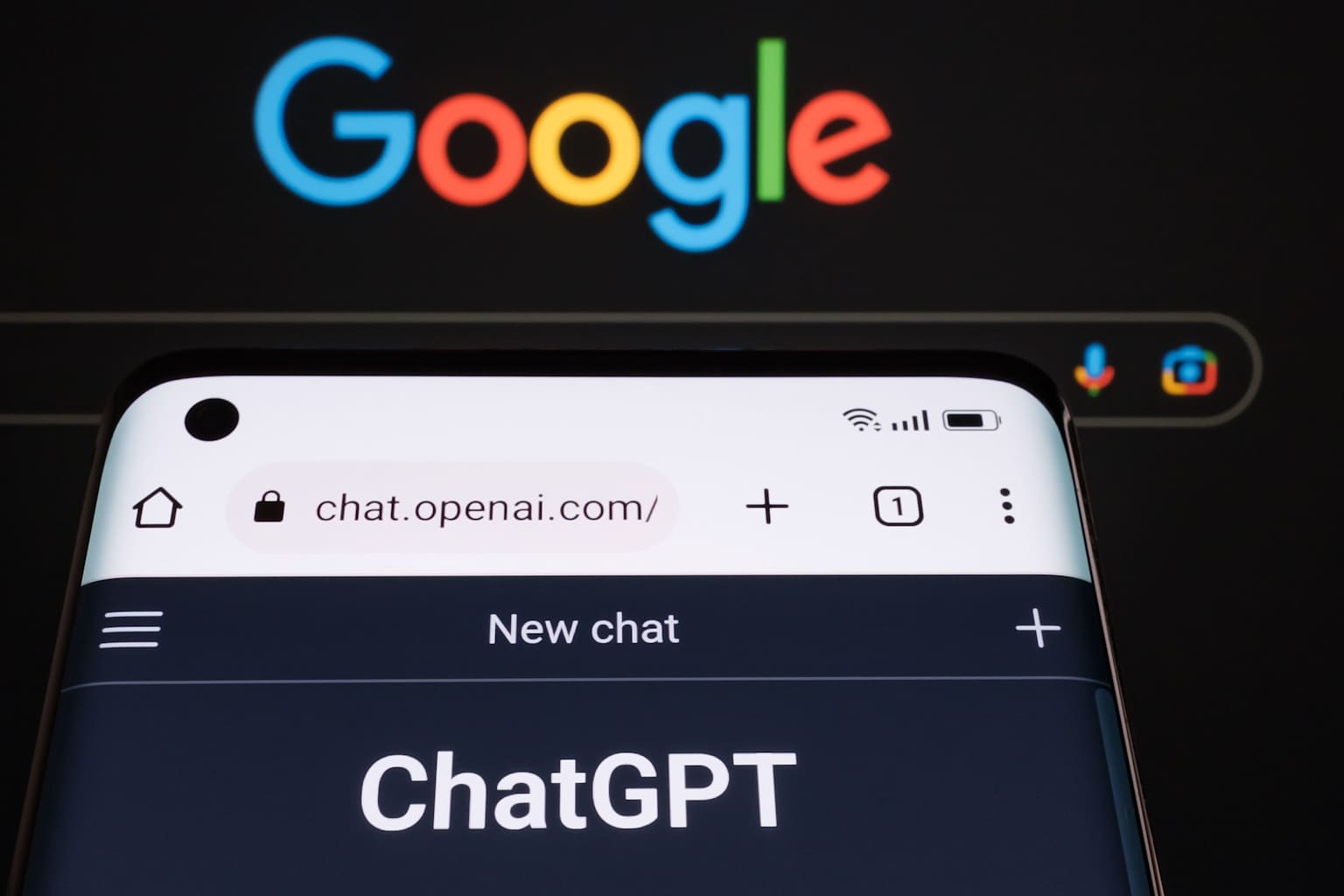Digital marketing in August 2025 is undergoing rapid transformation, with artificial intelligence (AI) reshaping advertising, search optimization, and customer engagement. From Google’s new AI-powered features to the rise of retail media and evolving data privacy concerns, marketers must adapt quickly to stay competitive. Nera News explores today’s most important developments in digital marketing.
Google Indexing ChatGPT Conversations Raises SEO and Privacy Questions
Marketers are paying close attention as Google begins indexing public ChatGPT conversations. Shared AI-generated transcripts are now appearing in search results, creating new possibilities for search engine optimization (SEO).
- SEO Opportunity: Brands that publish AI-assisted content could see improved visibility in search rankings.
- Privacy Challenge: Unintentional exposure of confidential strategies or brand conversations may create risks.
Businesses should review policies on public AI content sharing to ensure they balance visibility with data protection.
Google’s AI Mode Disrupts Search Traffic and Ad Strategies
Google has rolled out AI Mode, powered by Gemini, which summarizes information directly within search results. While this improves user experience, it is significantly reducing traditional website traffic.
- Traffic Loss: Early data shows websites losing up to 50% of clicks when AI summaries answer queries directly.
- Ad Integration: Ads are now embedded into these AI-generated answers, changing how marketers plan campaigns.
- AI-Max Campaigns: Google’s automated ad format selects creatives and matches intent with minimal human input.
For digital marketers, the shift requires optimizing content for AI summaries, not just traditional search snippets, while testing new ad formats for cost efficiency.
Retail Media Networks Expand to $179 Billion Ad Spend
Retail Media Networks (RMNs) such as those run by Amazon, Walmart, and Target are becoming dominant in performance marketing. By the end of 2025, global ad spend via RMNs is projected to reach $179.5 billion.
Why It Matters:
- First-Party Data Advantage: Retailers provide precise targeting through their customer data.
- Omnichannel Reach: RMNs allow integration across in-store, online, and mobile experiences.
- Stronger ROI Tracking: Advertisers can directly measure the impact of campaigns on sales.
Marketers who build partnerships with RMNs can benefit from better targeting and measurable results compared to traditional ad platforms.
CMOs Increase AI Investment but Demand Authenticity
At the Cannes Lions festival, global CMOs revealed a significant rise in AI budgets. In 2025, over 70% of CMOs plan to invest more than $10 million annually in AI technologies.
However, leaders emphasized that AI must serve authentic brand storytelling rather than replace human creativity. The focus remains on using AI for personalization, predictive analytics, and content creation, while ensuring that messaging stays trustworthy and human-centered.
Digital Agencies Invest in AI Infrastructure
Agencies like Pixel Mint are expanding AI capabilities by investing in high-performance computing power. The agency recently added 30,000 new AI hardware units, enabling large-scale deployment of generative advertising, campaign automation, and predictive analytics.
This signals a broader industry trend: agencies are competing not only on creative talent but also on AI infrastructure and data processing capabilities, which will define future client success.
Key Digital Marketing Trends for August 2025
Marketers should prepare for these major trends shaping the industry right now:
- AI-Driven SEO: Optimize content for conversational AI queries, summaries, and voice search.
- Micro-Influencers: Brands are shifting budgets to smaller creators who deliver higher trust and engagement.
- Visual and Voice Search: Content strategies must evolve for image-based search engines and smart assistants.
- Content Experimentation: Brands are testing short-form video, AR ads, and interactive content for higher ROI.
- Data Privacy Compliance: Stricter regulations mean marketers must carefully manage customer data while leveraging AI personalization.
What Marketers Should Do Now
To remain competitive in the AI-first digital ecosystem, businesses should:
- Audit AI Content Policies to prevent accidental exposure of sensitive information.
- Optimize for Google AI Mode by structuring content for summaries, not just SERPs.
- Invest in First-Party Data through loyalty programs and CRM integration.
- Adopt Retail Media Strategies for precision targeting and measurable sales impact.
- Test Emerging Formats such as AR, AI-generated creative, and conversational ads.
- Balance AI with Authenticity to maintain consumer trust while scaling campaigns.
Conclusion
Digital marketing in August 2025 is defined by rapid AI innovation, privacy concerns, and new ad ecosystems. From Google’s AI-powered search to the explosive growth of retail media, the landscape is shifting faster than ever. Success now depends on how quickly brands can adopt AI tools while safeguarding trust and data integrity.
Nera News will continue tracking these developments, ensuring marketers stay informed and prepared for the next wave of digital transformation.









